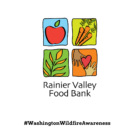Wildfire Awareness Campaign
In case you missed our #WashingtonWildfireAwareness campaign, you can view our posts from the week of August 16-20th, 2021 below. You can support this campaign by donating here
Day 1
Did you know that wildfire smoke is the largest source of particle pollution in Washington State? Wildfire season typically begins in early July and culminates in late September.
Last year, King County reported 14 days where the air quality was unhealthy for sensitive groups, unhealthy, or very unhealthy. This week, we’ll be sharing information on wildfire awareness. Be sure to check our social media this week as we talk about:
-Providing everyone access to the same resources during wildfire season
-What is happening in our communities during a wildfire?
-What RVFB is doing during this time to support the well-being of our clients, volunteers, and staff
Day 2
Everyone deserves access to the same resources that protect us from dangerous, smoky, air quality during #wildfire season.
This includes having access to a secure and smoke-free shelter, N-95 masks, food, and water. However, the things that protect us the most are #costly. There are few resources online about supporting those who may be living unsheltered or in a vehicle while experiencing the effects of wildfire #smoke.
We spoke with a few food banks across Washington; here are three things you can do to support those who need access to resources. Please consider donating items to local organizations or distributing them on your own:
1. Provide folks with N-95 masks. These protect us from breathing in harmful smoke particles, unlike cloth masks which provide little to no protection. In addition to protecting us from smoke, we’re still facing a pandemic. If the city of Seattle opens smoke shelters like they’ve done in the past, reducing the risk of COVID in these spaces is a priority too.
2. Provide folks with “to-go” items. This includes food items, water bottles, towels, backpacks, hand sanitizer, body wipes, or soap.
2. Donate to local organizations or mutual aid groups providing support to vulnerable populations during natural disasters.
Day 3
What happens in our communities during wildfire season?
Wildfires are deadly: to people, land, and structures. They are costly to our health, especially those with underlying conditions.
For farmworkers, construction, and landscaping workers, among others — they must face the risks of inhaling harmful smoke, on top of the risk of COVID-19 exposure. Folks working outdoors can’t opt to “work from home”, exposing them to more smoke and unsafe air. Even if they were wearing N-95 masks properly, wildfire smoke can impact the eyes, leading to irritation and discomfort.
Individuals living unhoused disproportionately experience health conditions with little access to medication, treatment, or proper care. When you add unsafe air quality, this can worsen existing conditions. For those who are unsheltered during the pandemic and unable to get out of the smoke, access to basic resources isn’t easy to find. Smoke shelters are typically opened in King County when air quality is deemed “very unhealthy” but vulnerable populations can be affected by unsafe air quality before it reaches that point. During the latest homeless census, a one-night count done in January 2020, there were an estimated 11,751 individuals experiencing homelessness in Seattle/King County.
“King County and the city of Seattle open up air and cooling shelters for people who cannot weather the situation at home and for those experiencing homelessness — but hours at many locations are limited, and they’re far from a systemic solution.” –Samantha Allen, Crosscut
Smoke shelters aren’t open at this time in King County but are preparing to when the need arises.
Day 4
At Rainier Valley Food Bank, we recognize that food is only the beginning of our ability to serve community members. During natural disasters like wildfires, we work hard to provide folks with the resources they need to stay safe. Keeping our volunteers, clients, and staff safe during this time is our top priority.
Here are some of the things we are doing to support everyone’s well-being during smoky days:
Clients:
-Our To-Go Food Bags are for unhoused individuals living outdoors or in a vehicle and need pre-prepared foods, without cooking facilities. We also hand out items like drinks, masks, hygiene kits, and clothing.
-Our Home Delivery Program keeps our clients out of the smoke. Rather than driving or catching a bus to the food bank, they’re able to stay at home and still get the food they need.
-Our on-site social worker works with our clients to support beyond the need for food. This includes helping clients find shelter, temporary housing, insurance, and cellphone access.
Volunteers & Staff:
-We ask folks to stay home if they have an underlying condition or may be deemed a “sensitive group” for smoke exposure.
-Last year, community members came together to provide our staff and volunteers with KN-95s and N-95s so we could continue our work as safely as we can. However, people took health risks to make sure that our neighborhood was fed. Our building does not have the ability to “keep smoke out” as we lack central air conditioning and are trying to reduce the spread of covid by keeping doors open.
Day 5
Thank you for joining us this week for our #WashingtonWildfireAwareness campaign! RVFB and food banks everywhere are important links in our community response to emergencies.
Here is a quick guide of resources to protect yourself from the smoke during wildfire season:
1. Seattle– Resources during Smoky Days:
http://www.rvfb.org/?p=4048
2. Eight Tips for Protecting Yourself from Breathing Wildfire Smoke: https://www.cdc.gov/disasters/wildfires/smoke.html
3. Smoke from Fires FAQ: https://www.doh.wa.gov/CommunityandEnvironment/AirQuality/SmokeFromFires
Our mission is to nourish with good food, empower with knowledge, and serve with compassion today.











